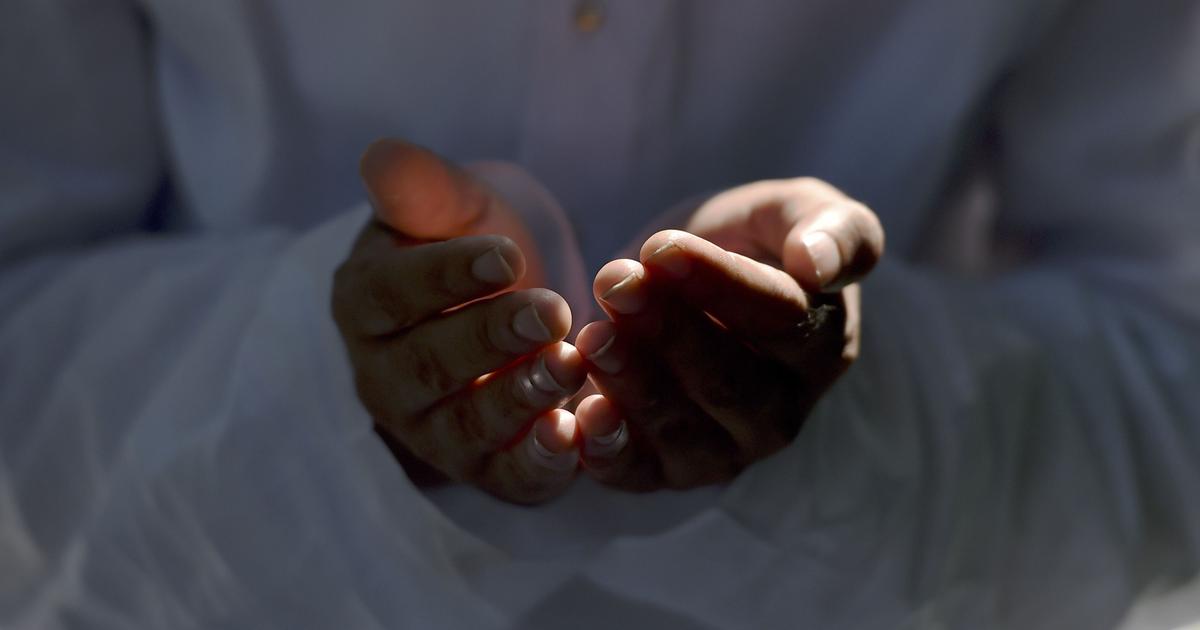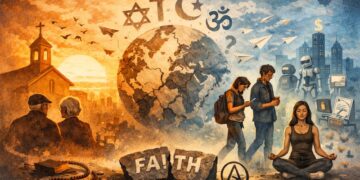By: Sadaket Ali Malik
Ramadan is the ninth month of the Islamic calendar and is considered the most sacred and blessed month in terms of faith, worship, and spiritual purity. During this month, Allah has made fasting obligatory so that believers can develop patience, piety, and self-discipline. The greatest virtue of Ramadan is that it was in this month that the Holy Quran was revealed, serving as a complete code of life for humanity until the Day of Judgment.
The Prophet Muhammad (PBUH) said that when Ramadan arrives, the doors of Paradise are opened, the doors of Hell are closed, and the devils are chained. The rewards for good deeds are multiplied in this month, and those who fast are granted immeasurable blessings. The Quran states that fasting has been prescribed for you, just as it was prescribed for those before you, so that you may attain piety. Fasting is not merely abstaining from food and drink but a complete spiritual training in which one controls desires and strives to avoid sins.
Ramadan contains a special night called Laylat al-Qadr, which is greater than a thousand months. On this night, angels descend to the earth, and divine decrees are executed by the command of Allah. The Prophet Muhammad (PBUH) said that whoever worships on Laylat al-Qadr with faith and sincerity will have all their past sins forgiven. This night is a great opportunity for prayers, supplications, and seeking forgiveness.
During Ramadan, in addition to obligatory prayers, voluntary prayers and Taraweeh hold great significance. The Prophet Muhammad (PBUH) said that whoever prays during Ramadan with faith and the intention of earning rewards, their past sins will be forgiven. Charity and Zakat are also highly encouraged in this month. The Prophet (PBUH) was known to be the most generous during Ramadan, and any charity given in this month is rewarded many times over.
One of the primary objectives of Ramadan is to promote social equality and brotherhood. Fasting bridges the gap between the rich and the poor, as it allows people to experience hunger and thirst, making them more compassionate towards the less fortunate. This fosters social harmony and encourages a spirit of helping others. During Ramadan, philanthropists actively support those in need, charitable organizations become more active, and the poor receive food, clothing, and other necessities.
The fundamental goal of Ramadan is to instill piety. When an individual adopts piety, its effects extend to society as a whole. People avoid lying, cheating, theft, jealousy, and other vices, leading to a culture of honesty, righteousness, and moral values. Fasting teaches patience, which is a valuable trait in both personal and social life.
By experiencing hunger and thirst during fasting, people develop empathy for the struggles of the poor. This awareness motivates them to give more in charity and Zakat, reducing economic disparity in society. During Ramadan, people generously support others, participate in collective iftars, and engage in charitable activities, creating a society based on equality and human compassion.
In Ramadan, family members come together for suhoor (pre-dawn meal) and iftar (breaking of fast), strengthening familial bonds. Additionally, hosting iftar gatherings with relatives, friends, and neighbors fosters love, brotherhood, and social harmony.
During Ramadan, people engage more in worship, mosques are filled with worshippers, and the environment becomes one of remembrance and devotion. This results in a decrease in crime rates, as people become more conscious of their actions due to the fear of Allah and accountability in the Hereafter.
Fasting provides not only spiritual but also physical benefits. It detoxifies the body, strengthens the immune system, and encourages a balanced diet. A healthier society is more active, hardworking, and positive, contributing to overall development and well-being.
Ramadan is not just a month of worship and fasting but also a means of bringing positive change in individuals and society. The good habits developed in this month should be continued throughout life. If a person maintains prayers, fasting, charity, and other righteous acts even after Ramadan, it is a sign that they have truly benefited from this sacred month.
This blessed month brings us closer to Allah, provides spiritual and moral training, teaches patience, gratitude, and compassion, and reminds us that worldly life is temporary and that true success lies in pleasing Allah and attaining goodness in the Hereafter. We should strive to spend this holy month with sincerity, devotion, and love and incorporate its teachings into our daily lives to achieve success in both this world and the Hereafter.
sadaketmalik.blogspot.com




